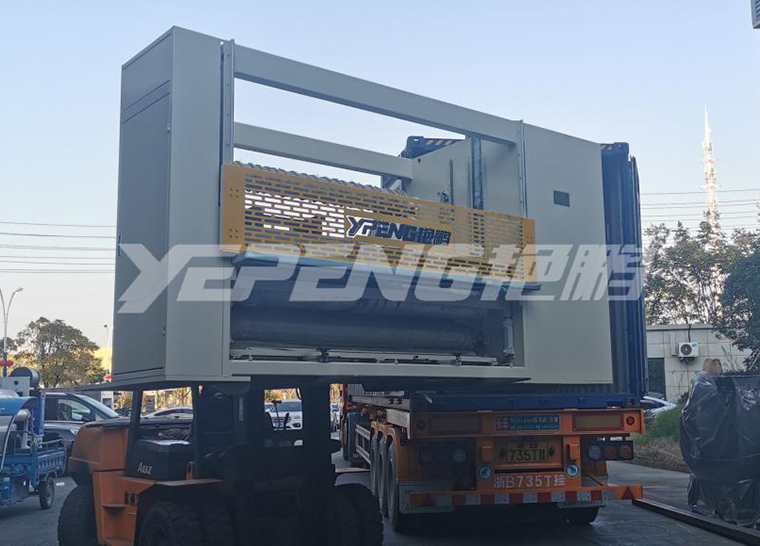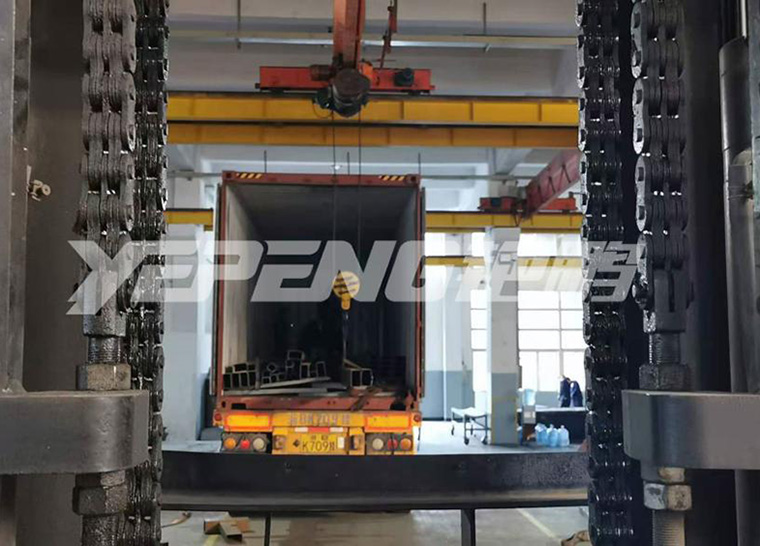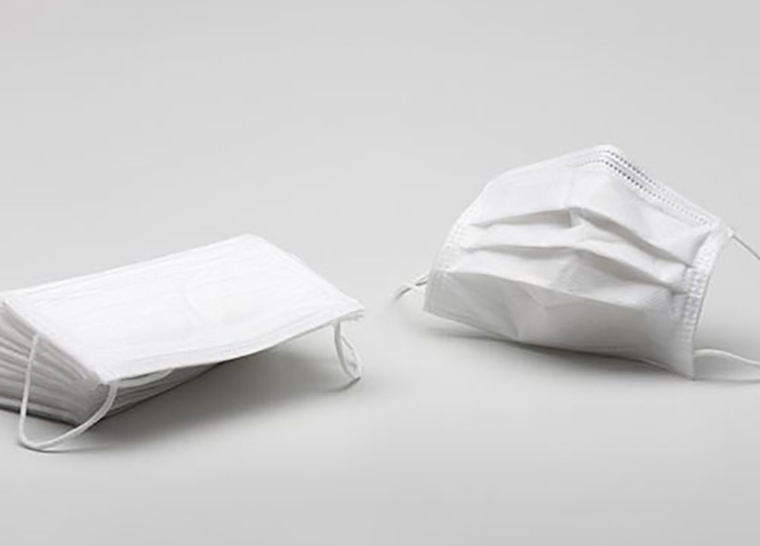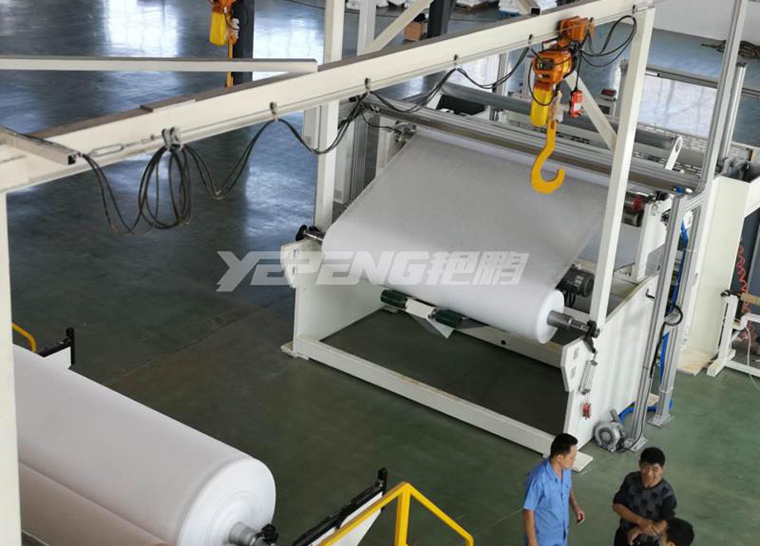At present, in the alternative of plastic shopping bags, the merchants mainly choose non-woven bags and degradable shopping bags.
At present, in the alternative of plastic shopping bags, the merchants mainly choose non-woven bags and degradable shopping bags. PLA and PBAT are the mainstream degradable plastic materials. Most of the degradable shopping bags are made of PLA and PBAT composite, and the mechanical properties are not good. The single production cost is more than 10 times of that of ordinary disposable plastic bags, which is 0.5-1.2 yuan. Because of its early development, mature production technology, and complete domestic industrial chain, the production cost is equivalent to the degradable shopping bag. The production cost of some non-woven bags with filler is even lower than that of degradable shopping bags.
At present, the degradable shopping bags are not good because of their poor mechanical properties. Polypropylene nonwoven fabric bags have good mechanical properties, obviously have good strength and bearing capacity, and they are widely used in many fields.
Limited by the cost and environmental requirements, most of the degradable shopping bags are thin and soft, with poor mechanical properties. They can not be reused more than once, so they are not easy to reuse. They also face many problems in the recycling process. The degradable plastic degradation conditions are also more stringent, and they can be degraded to second grade only after half a year and no more than 12 months under aerobic composting conditions Oxidized carbon, water and minerals. Relatively speaking, non-woven bags can be reused more than 10 times under normal conditions, which is easy to recycle and reuse. By adding biodegradable materials, calcium carbonate, talc and other inorganic substances, the environmental protection and economy of non-woven bags can be improved..
From the aspects of cost, performance, environmental protection and recycling, it is not a simple thing to solve the white pollution problem by using the current degradable plastics. PBAT and PLA are faced with high cost and can not be degraded in natural environment (recycling is required under specific conditions to degrade). At present, it is difficult to solve the urgent problem of traditional plastics, so it is more important to recycle and sort the traditional plastics scientifically and reasonably, and develop new degradation technology. However, the domestic production technology of polypropylene nonwoven fabric bags is mature and the capacity is sufficient. Under the "no plastic order", it is a very good choice to replace the traditional ordinary plastic bags.








